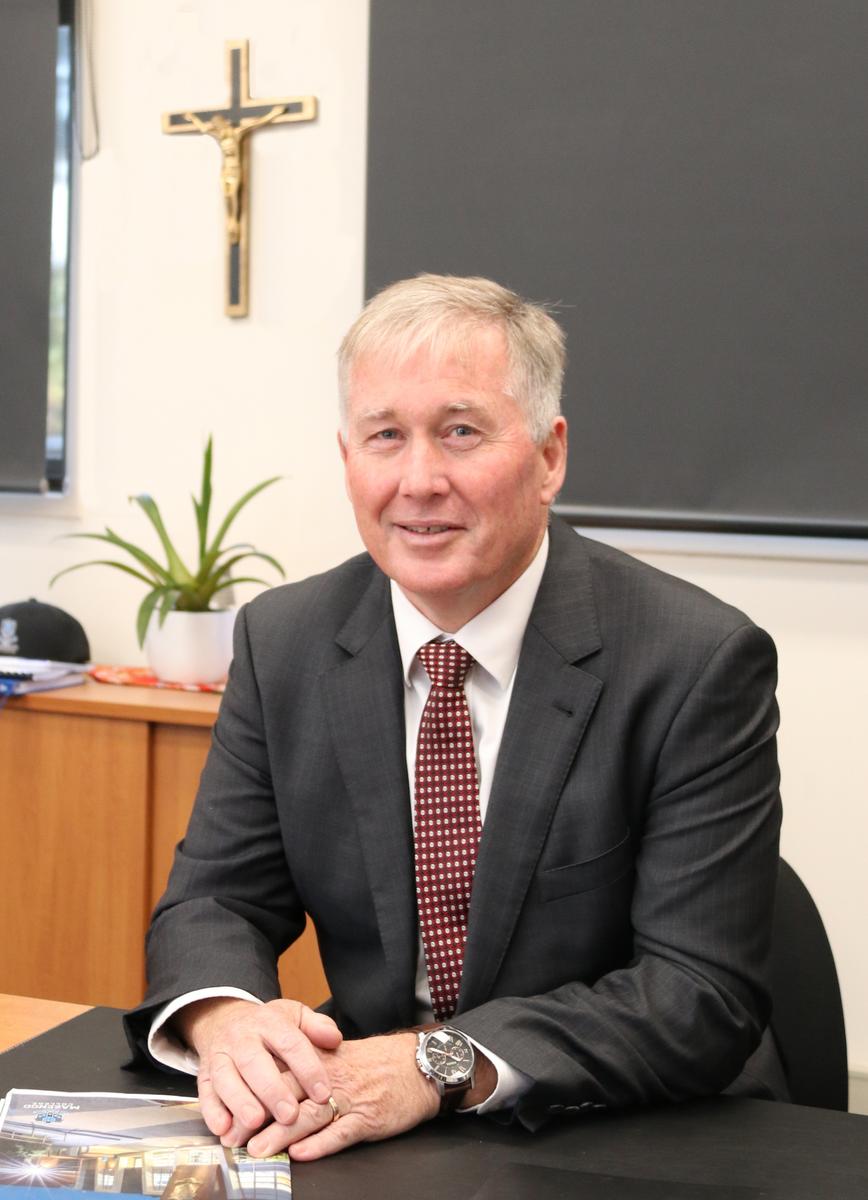Principal's Post

Dear Parents,
Today we farewelled the Year 12 students as they start their exam period. The streaming of the presentations incorporated the Final Assembly and Speech Night. The students were acknowledged and received a show bag of memorabilia as well as their Life Membership to MOCA (Mazenod Old Collegians Association). The following students received awards from Year 12.
| Year 12 Academic Excellence |
|---|
| Gabriel Blackman-Legrand |
| Harry Dineen |
| Ethan D’Silva |
| Filip Fulco |
| Dimitri Giannakoudakis |
| Patrick Hajduk |
| John Huynh |
| Ethan Lai |
| Cameron McEwan |
| Christian Moore |
| Brian Nguyen |
| Ben Noonan |
| Daniel Plowman |
| Shyan Punyadasa |
| James Russell |
| Anthony Yong |
Year 12 Senior Musicians:
We gratefully acknowledge the generous contributions the following students have made to the Mazenod Community over the past 6 years by contributing and participating in the Instrumental Music Programme.
| Year 12 Senior Musicians |
|---|
| Mateo Acosta Fernandez |
| Rohan Andrews |
| John Carlos |
| James Chen |
| Samuel Chen |
| Thomas Colasante |
| Thierry Dubois |
| Alexander Frederic |
| Filip Fulco |
| Patrick Hajduk |
| Brian Hwang |
| Vignesh Khilari |
| Joshua Kolak |
| Danny Le |
| Jaimme Lim |
| Christopher Maior |
| Aidan Mali |
| Stefan Marques |
| Cameron McEwan |
| Timothy Ng Chit Wing |
| Aaron Nguyen |
| Brian Nguyen |
| Charlie Nguyen |
| Duy Nguyen |
| Mark Rao |
| Francis Tan |
| Darko Trkulja |
| Anthony Ung |
| Vincent Ung |
| Niko Warkus |
| Jason Widyasekera |
| Anthony Yong |
| Awards | |
|---|---|
| Senior VCAL Student of the Year | Ken Chau |
| Noonan Debating Award | Mateo Acosta Fernandez |
| ADF Long Tan Leadership and Teamwork Award | Ryan Dean |
| ADF Long Tan Innovation Award | Paul Zuchowski |
| Spirit of Oblate Award | Gajindu Rajapakshe |
| Spirit of Oblate Award | Kieran Rahilly |
| Senior Sportsman of the Year 2021 | Ben Collins |
| Senior Sportsman of the Year 2021 | Julian Smith |
| Music Awards | |
|---|---|
| Musician of the Year Award 2021 | Christopher Maior |
| Musician of the Year Award 2021 | Anthony Yong |
| Outstanding performance in Woodwind - Senior | Anthony Ung |
| Outstanding performance in Percussion - Senior | James Chen |
| Outstanding performance in Vocal - Senior | Mateo Acosta Fernandez |
Thank you to Ms Bourne, Ms Symss, Mr Rolfe and Mr De La Zilwa for organising and managing the assemblies. Thank you also to Mr Mann, Mr Redfern and the Homeroom Teachers for managing the farewell activities.
Please access the following clip to access an expression of gratitude to staff that featured as part of the Character Strength - Gratitude for this week.
Below is an excerpt from the resilience project book which highlights the significance of gratitude in our lives.
“When I read the work of renowned psychologist Martin Seligman, I nearly fell off my chair. Widely known as the founder of positive psychology, Dr Seligman showed that we can retrain our brains so we feel happier on a day-to-day basis.
In a classic study that's been cited more than 6000 times,' Dr Seligman and other leading researchers described a simple technique: to write down three things that went well each day, every day, along with an explanation for why each good thing happened.
It's been shown that when human beings take time to look for the good things that happen to them, after one month our brains start scanning the world for positives rather than negatives.
As more and more research has been done in the area, studies have indicated that practising gratitude leads to improvements in emotional wellbeing, fewer symptoms of stress, anxiety and depression, higher levels of self-esteem, enhanced life quality and satisfaction, and greater optimism.
Within the context of work, gratitude has been shown to correlate with greater personal accomplishment, job satisfaction, and reduced burnout. It also reduces the ‘negativity bias’ which poses one of the biggest challenges to dealing with mental health: the fact that we are wired to be seduced by the negative.
If we could teach children how to practise gratitude and get them to actively take note of three things they were thankful for each day, I realised that we would have a better chance at turning the tide of anxiety and depression that was creeping up and up in the statistics.
Although I loved Dr Seligman's strategy of recording what went well at the end of a day, I preferred the approach of recording these things in the moment.
'How good is this?' I would think to myself in moments of reflection. 'How good is playing cricket on a beautiful Saturday afternoon? Enjoying a quiet coffee in my favourite cafe? Spending time with Mum and Dad?”
Yours sincerely,
Mr Tony Coghlan
Principal

